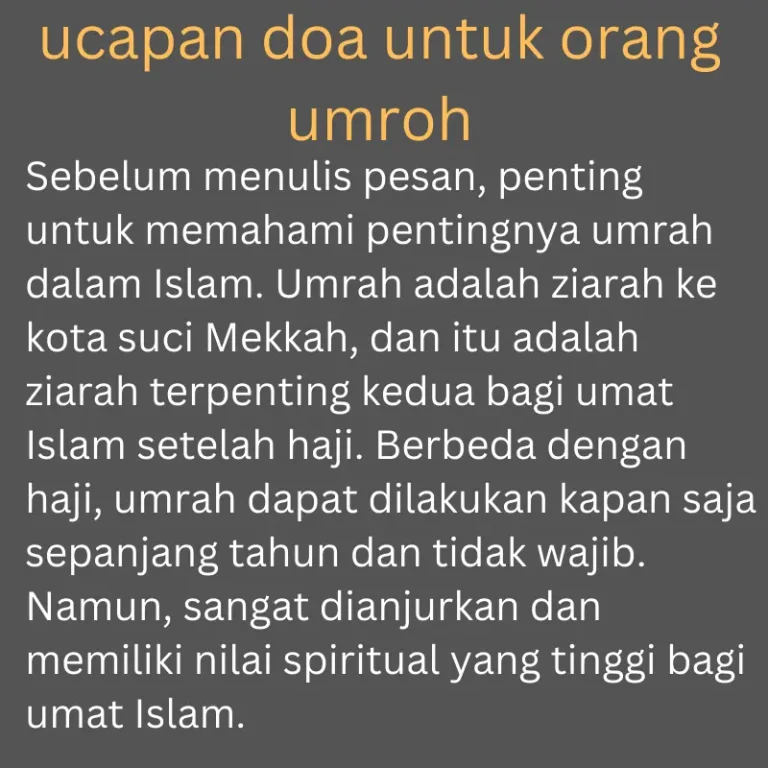Kullu Nafsin Zaikatul Maut Meaning In English And Arabic Text
Kullu Nafsin Zaikatul Maut is a profound verse from the Holy Quran that conveys the inevitable truth about the cycle of life. It teaches us that every individual, regardless of their status, will eventually experience the taste of death. This verse serves as a reminder that mortality is an inherent part of our existence. It encourages us to reflect upon the transient nature of life and to prepare ourselves for the hereafter. By acknowledging this truth, we can strive to live purposefully, with gratitude, and with a greater awareness of the eternal journey that lies ahead.
Kullu Nafsin Zaikatul Maut In Arabic Text

Transliteration:
“Kullu nafsin za’iqatul maut, wa innama tuwaffawna ujoorakum yawma al-qiyamati. Famman zuhziha ‘ani-nnari wa udkhila al-jannata faqad faz. Wa ma al-hayatu al-dunya illa mataa’ul ghuroor.”
Kullu Nafsin Zaikatul Maut Meaning In English
Every soul shall taste death, and you will only be given your [full] compensation on the Day of Resurrection. So, he who is drawn away from the Fire and admitted to Paradise has indeed attained success. And what is the life of this world except the enjoyment of delusion.
This verse serves as a reminder that death is a universal reality that everyone will experience. It emphasizes that the true reward and recompense for our actions will be given in the afterlife. It also highlights the temporary and illusory nature of worldly life, urging us to prioritize the eternal life that awaits us beyond this world.
Kullu Nafsin Zaikatul Maut Verses In Quran
The first verse, from Surah Al Imran, verse 185, states that every person will eventually experience death. It reminds us that death is an inevitable part of life.
The second verse, from Surah Al Anbiya, verse 35, explains that on the Day of Judgment, we will receive our complete rewards for our deeds. Those who are saved from the punishment of Hellfire and are granted entry into Paradise will be the true winners.
The third verse, from Surah Ankabut, verse 57, reminds us that worldly life is temporary and deceptive. It advises us to focus on the eternal life in the Hereafter, as the true enjoyment and reward lie in the realm beyond this transient world.

Translation:
“Kullu nafsin za’iqatul maut, wa nablu kum bish-sharri wal-khayri fitnatan, wa ilayna turja’oon.”
English Translation of Kullu nafsin za’iqatul maut, wa nablu kum
Every soul shall taste death, and We test you with evil and good as trial, and to Us you will be returned.
Surah Ankabut verse 57
كُلُّ نَفۡسٍ ذَآئِقَةُ ٱلۡمَوۡتِۖ ثُمَّ إِلَيۡنَا تُرۡجَعُونَ
Translation:
“Kullu nafsin tha’iqatul maut, thumma ilayna turja’oon.”
Surah Ankabut verse 57 English Translation
“Every soul shall taste death, then to Us you will be returned.”
This verse reminds us that every individual will inevitably experience death. After death, we will all be returned to Allah, the ultimate destination. It emphasizes the temporary nature of life in this world and points towards the concept of accountability and the afterlife. It serves as a reminder that our existence in this world is transient, and we will ultimately face the consequences of our actions before our Creator.
Understanding Mortality
In the bustling rhythm of our daily lives, we often find ourselves consumed by the pursuit of worldly desires and ambitions. Yet, death lurks in the shadows, reminding us of the ephemeral nature of our existence. Contemplating mortality allows us to pause, reflect, and reassess the purpose of our lives. It awakens a sense of urgency to make the most of our fleeting time on Earth.
Islamic Perspective on Death
Islam provides profound insights into the nature of death. The Quran guides believers to ponder over the inevitability of death and the fleeting nature of worldly pleasures. Islamic teachings emphasize the transient nature of life and encourage individuals to prepare for the afterlife by leading righteous and purposeful lives. The concept of “Kullu Nafsin Zaikatul Maut” encapsulates these teachings.
The Concept of “Kullu Nafsin Zaikatul Maut”
It encapsulates the fundamental truth that every living being, regardless of status, wealth, or power, will ultimately face death. This concept serves as a powerful reminder to live a purposeful life, focusing on acts of righteousness and preparing for the eternal afterlife.
Lessons from “Kullu Nafsin Zaikatul Maut”
Embracing the concept of “Kullu Nafsin Zaikatul Maut” can profoundly impact our lives. It instills a sense of urgency to perform good deeds, treat others with kindness, and seek forgiveness for past wrongs. Recognizing the transient nature of life encourages us to prioritize the eternal over the temporal, seeking fulfillment in spiritual growth and nurturing meaningful relationships.
Contemplating Death and Its Impact
Contemplating death can be unsettling, stirring fear and anxiety within us. However, acknowledging our mortality can serve as a powerful motivator to live a righteous life. By embracing the reality of death, we gain a new perspective on the brevity of life’s challenges and learn to appreciate the blessings bestowed upon us. It prompts us to ask ourselves: How can we make a positive impact before our time expires?
Coping with Grief and Loss
When confronted with the loss of loved ones, grief can be overwhelming. Islamic teachings provide solace and guidance during these difficult times. The support of the community, remembrance of Allah, and the assurance of the eternal nature of the soul can bring comfort to those in mourning.








